No products in the cart.
The Importance of Lab Testing for Food Products: Ensuring Safety, Quality, and Compliance

Food is an essential part of our lives, providing us with the energy, nutrients, and satisfaction we need every day. However, ensuring that the food we consume is safe, nutritious, and compliant with industry standards is a complex process that requires rigorous testing. Lab testing for food products is a critical step in this process, helping manufacturers, regulatory bodies, and consumers alike feel confident about the quality and safety of what we eat. Let’s explore why lab testing in food production is so essential.
1. Ensuring Food Safety
Food safety is paramount. Without proper testing, contaminants such as bacteria, viruses, and chemical residues can go undetected, leading to potentially severe health issues. Laboratory testing can identify pathogens like E. coli, Salmonella, and Listeria, which are responsible for thousands of foodborne illnesses every year. Additionally, lab tests help detect harmful chemical residues from pesticides, heavy metals, and additives that may pose long-term health risks. Regular lab testing ensures that food products meet safety standards before they reach consumers, reducing the risk of foodborne illnesses.
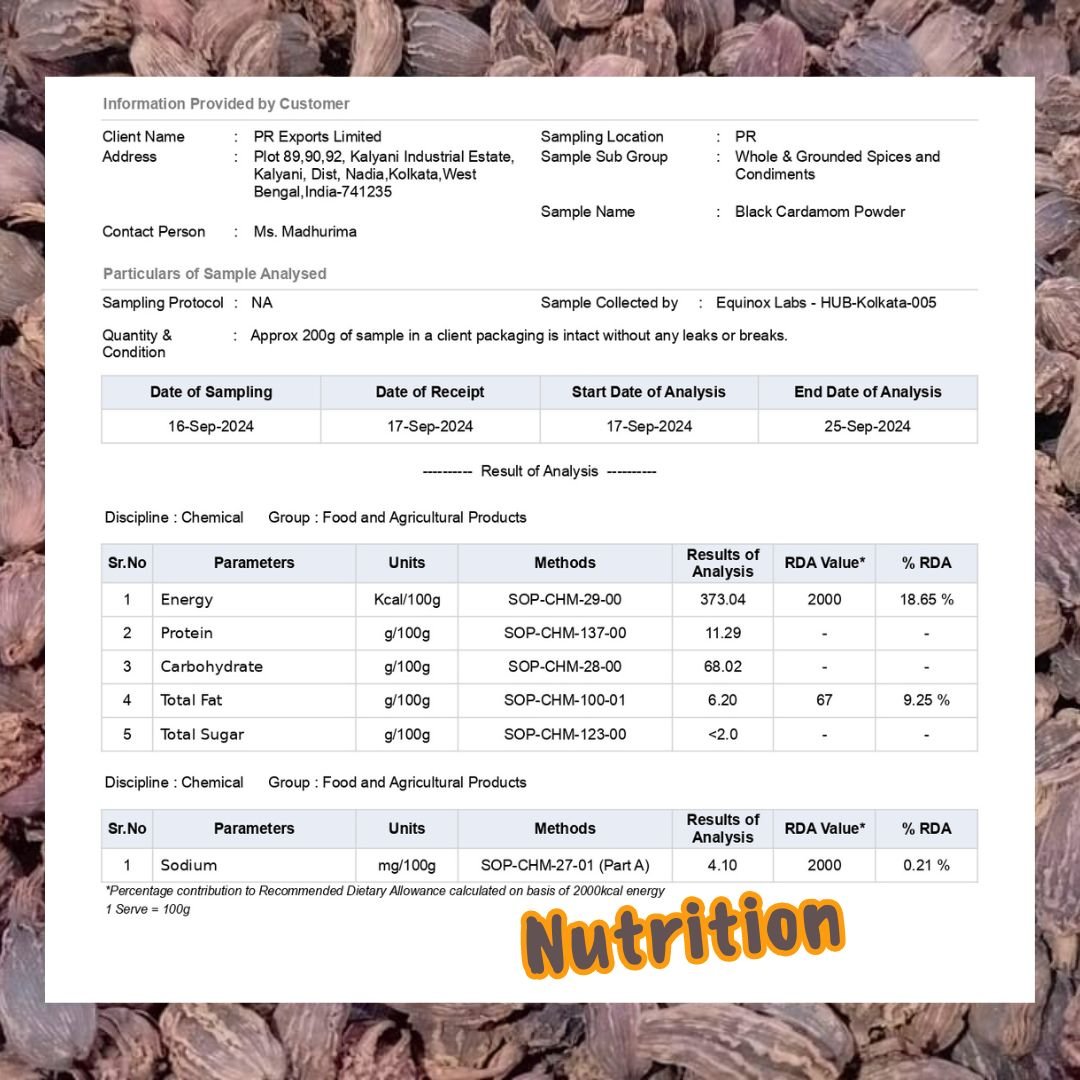
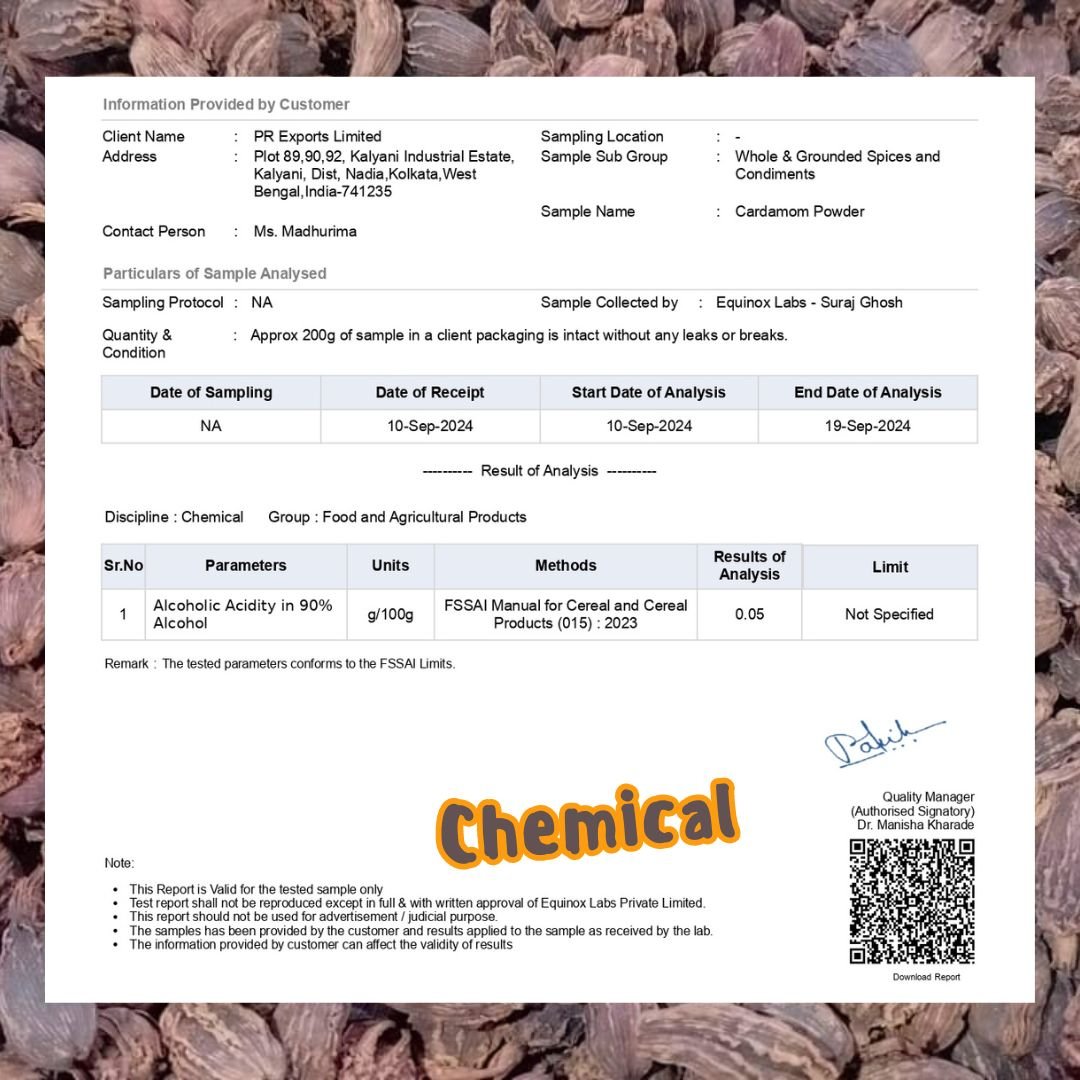
2. Maintaining Quality and Freshness
Testing food quality involves checking for characteristics such as flavor, texture, color, and nutritional content. Laboratories use various analytical methods to confirm the consistency and quality of food products, allowing companies to maintain their brand reputation and meet consumer expectations. For example, tests can assess a product’s shelf life, enabling companies to establish accurate “use by” or “best before” dates. By analyzing the quality, producers can ensure that consumers receive fresh, high-quality products every time they purchase.
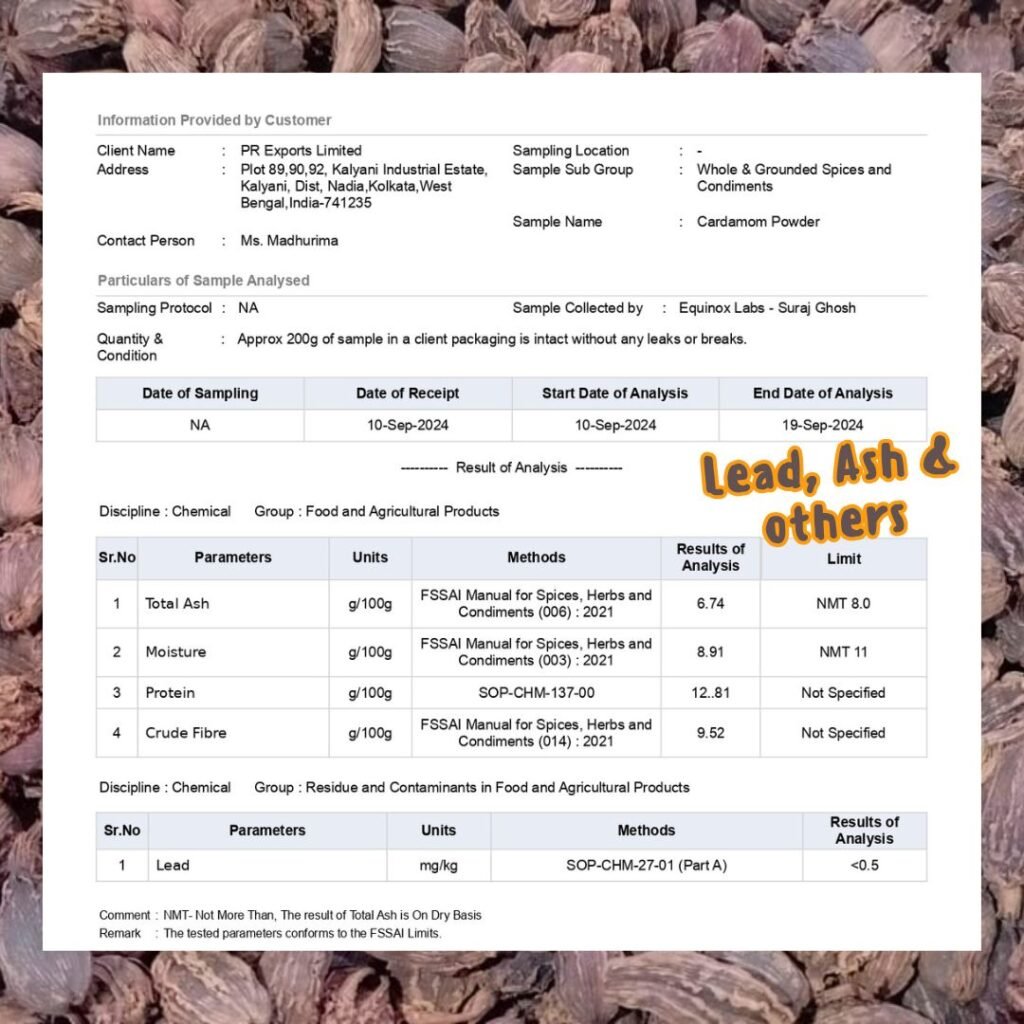
3. Nutritional Analysis and Labeling Accuracy
Today’s consumers are more health-conscious than ever, and accurate nutritional labeling is essential. Lab testing helps verify that the information on food labels – like calorie counts, fat content, vitamin levels, and other nutrient values – is accurate. This not only builds consumer trust but also helps individuals make informed choices about their diet. For manufacturers, reliable lab testing ensures compliance with regulatory standards for labeling accuracy, avoiding penalties and potential recalls.
4. Compliance with Regulatory Standards
Food safety regulations vary worldwide, and manufacturers must comply with the specific requirements of each market they serve. For instance, the U.S. Food and Drug Administration (FDA), the European Food Safety Authority (EFSA), and the World Health Organization (WHO) each have rigorous food safety standards. Laboratory testing helps companies adhere to these regulations, ensuring their products meet the necessary safety and quality requirements. Compliance not only helps prevent legal and financial repercussions but also protects a brand’s image in the marketplace.
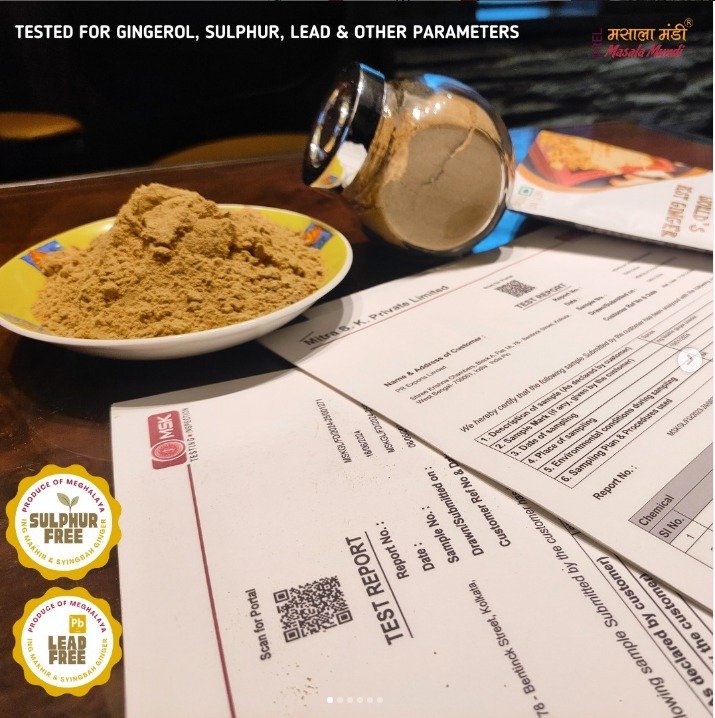
5. Identifying and Preventing Food Fraud
Food fraud – the intentional misrepresentation of food products – is a growing concern in the industry. It can include practices like mislabeling a product’s origin, substituting ingredients, or adding fillers. Lab testing helps detect these fraudulent activities by analyzing ingredients and confirming their authenticity. For example, DNA testing can verify the type of fish in a product or whether olive oil is truly pure. This not only protects consumers but also ensures fair competition within the industry.
6. Supporting Sustainability and Ethical Practices
Sustainability and ethical sourcing are increasingly important to consumers, with many people looking for products that support responsible farming, animal welfare, and fair trade practices. Lab testing can help verify claims related to sustainability, such as organic certification, non-GMO status, and free-range or cruelty-free labeling. By providing scientific validation, lab testing supports transparency and encourages sustainable practices within the food industry.

7. Consumer Confidence and Brand Reputation
In today’s marketplace, transparency is key. Lab testing ensures that food companies can deliver on their promises, which builds consumer trust. When consumers know that a product has passed rigorous safety and quality tests, they’re more likely to purchase it with confidence. For food manufacturers, a reputation for safety and quality can set them apart from competitors and lead to long-term brand loyalty.
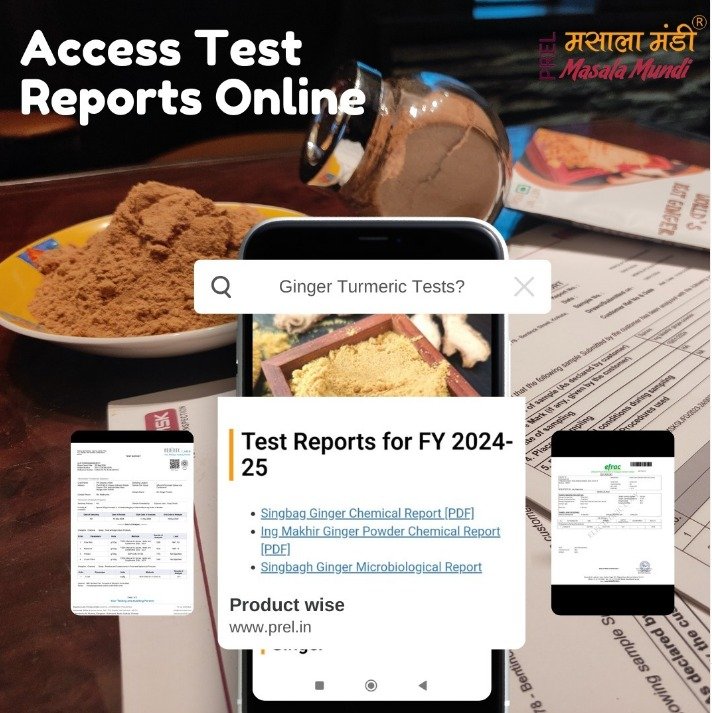
Conclusion
Lab testing for food products is indispensable in today’s food industry. It safeguards public health, guarantees quality, and ensures compliance with ever-evolving regulatory standards. By investing in reliable lab testing, food manufacturers not only protect consumers but also secure their reputation and uphold the integrity of their brand.



